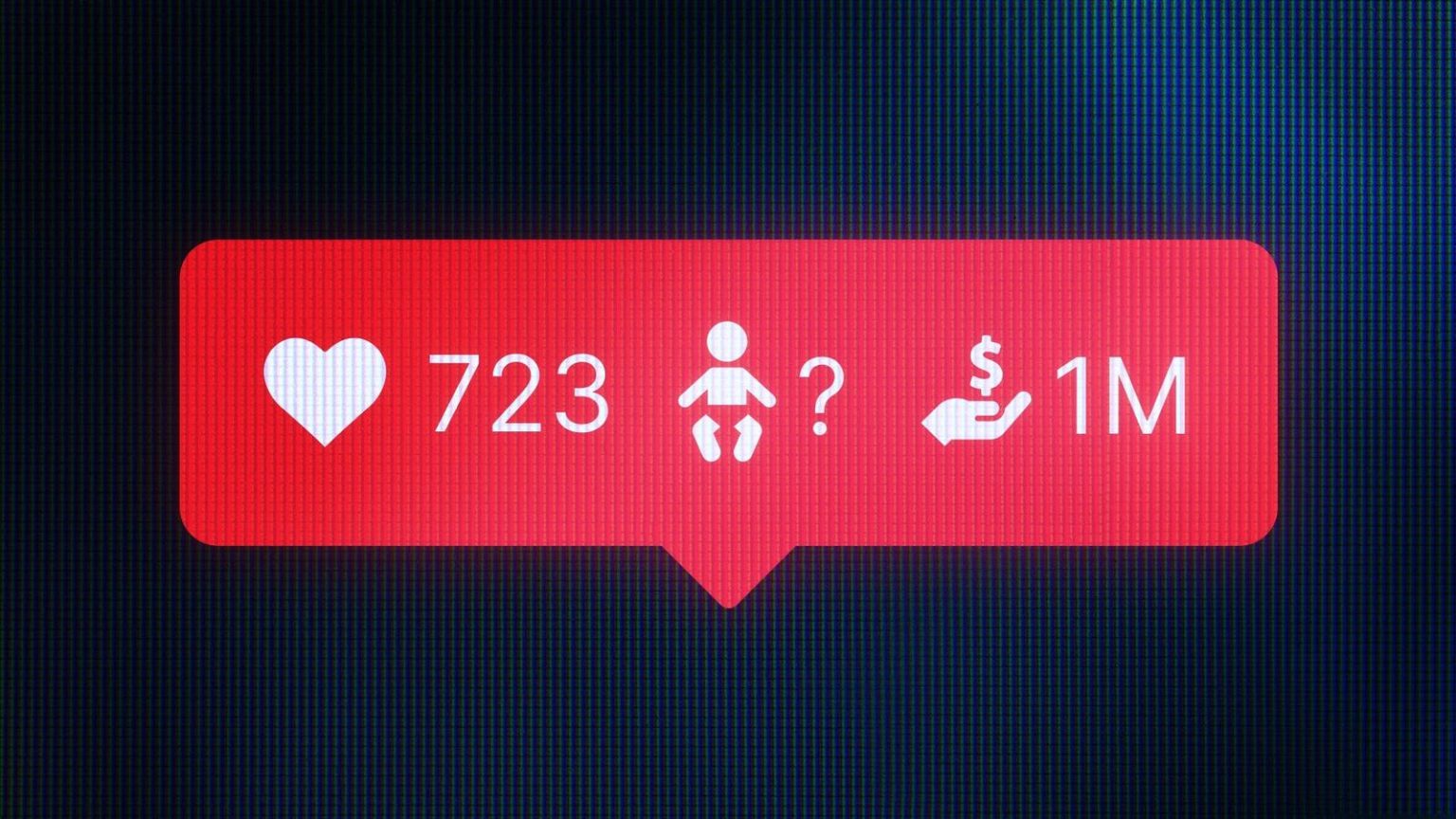In a world where social media dominates our daily lives, many creators are using platforms like TikTok and Instagram to share their deeply personal fertility journeys. These women are overcoming challenges such as infertility, miscarriages, and difficult pregnancies, all while documenting their experiences for large audiences. For some, these platforms have become a way to afford costly fertility treatments like IVF and egg-freezing, offering hope for achieving their dream of having a family.
One such creator, Caitlyn O’Neil, turned to TikTok after suffering a miscarriage in February 2020. As she shared her journey through IVF treatments, she gained a significant following and received support from her audience. Despite setbacks and the loss of pregnancies, O’Neil’s transparency on social media helped her raise funds for additional IVF cycles, ultimately leading to the birth of her son after 2.5 years of fertility treatments. While some critics question the ethics of monetizing such personal experiences, O’Neil sees it as a way to provide for her family and raise awareness about fertility struggles.
The rise of fertility influencers on platforms like TikTok and Instagram has led to a greater openness about topics that were once considered taboo. These creators share details about their medical diagnoses, treatment processes, and the emotional toll of fertility struggles, all in an effort to destigmatize infertility and build a supportive community. While some viewers question the authenticity of these influencers and their financial motivations, many women find comfort and solidarity in connecting with others who have similar experiences.
In addition to providing emotional support, these influencers have also found ways to make fertility care more affordable through partnerships, commissions, and donations. As the cost of fertility treatments continues to rise, these collaborations offer a lifeline for creators who are self-employed and lack traditional health benefits. Companies in the femtech space have also recognized the value of partnering with influencers to drive awareness and engagement, leading to a new wave of opportunities for both parties.
Despite the positive impact these influencers have had on raising awareness about fertility issues, there are concerns about the blurred ethical boundaries and potential exploitation within the industry. Some creators have faced backlash for promoting fertility services without disclosing their financial relationships, while others have been approached by clinics to endorse treatments without having a personal connection to the services. The Federal Trade Commission requires influencers to disclose paid partnerships, but not all creators adhere to these guidelines.
While the fertility influencer industry continues to grow, creators like Kayde Mason and Leah Marie emphasize the importance of authenticity and transparency in their partnerships. By sharing their real and sometimes painful experiences, these women hope to provide a voice for those struggling with infertility and bring visibility to a subject that is often overlooked. As the conversation around fertility care evolves, these influencers play a crucial role in raising awareness and fostering a sense of community for those on their own fertility journeys.


